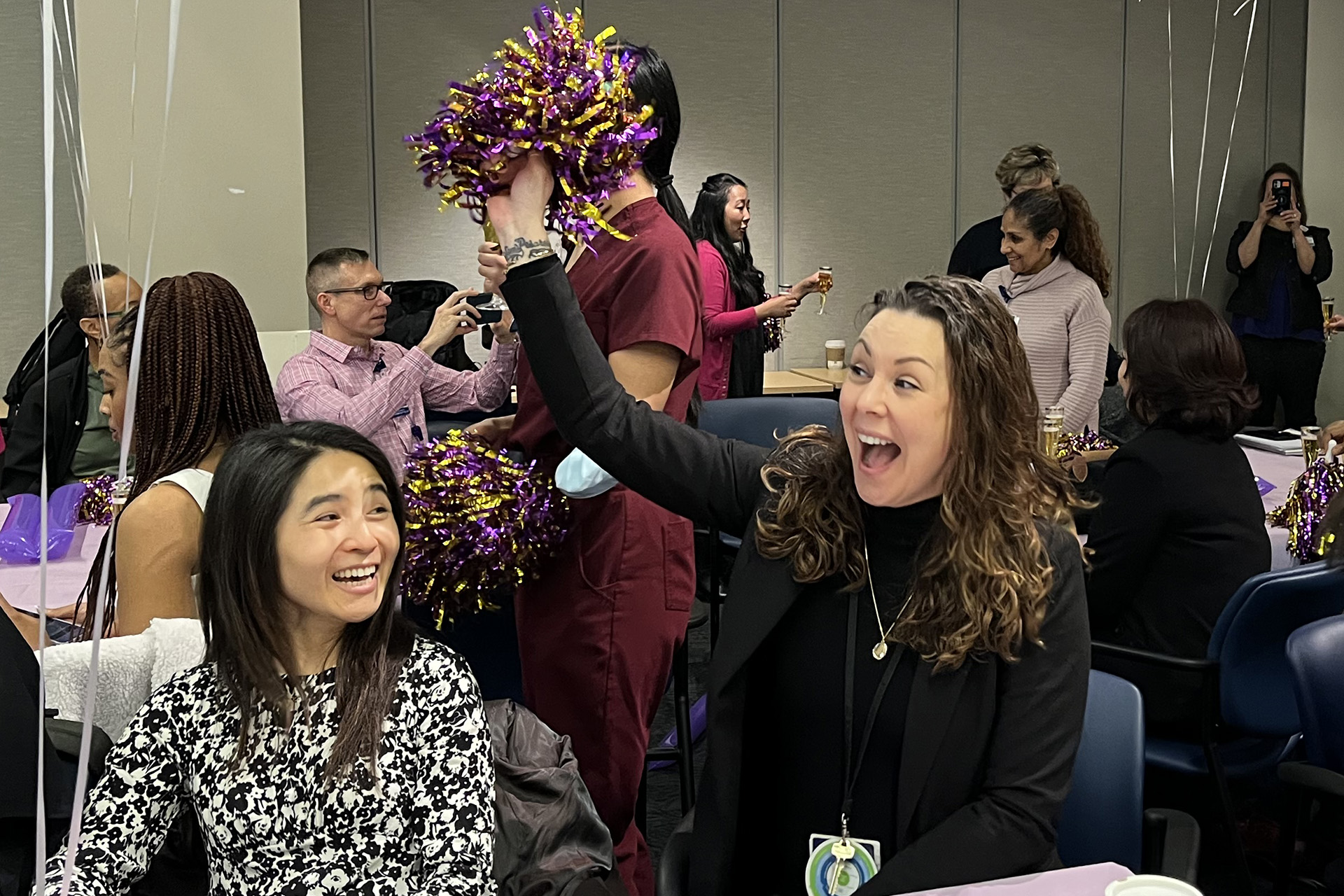Mental illnesses are more common than cancer, diabetes, or heart disease. Within some cultures, asking for help is hard. But it’s made easier at Kaiser Permanente.
One in five American adults experiences a mental health issue. Yet only 25 percent of adults experiencing mental health symptoms believe that others are sympathetic to people with mental illness.
If you add in cultural misconceptions about mental illness, it can mean that those suffering and their families are delaying or even avoiding getting needed help.
But Kaiser Permanente is set up to change that.
“At Kaiser Permanente we recognized that a lot of people were not seeking care in Psychiatry because they didn’t want the stigma of coming to the department,” said Mason Turner, MD, Kaiser Permanente Northern California assistant director for Regional Mental Health Services and chief of the Department of Psychiatry at the San Francisco Medical Center. “But because we are fully integrated, we are able to see these patients in other departments, such as Medicine, and treat them where they want to be treated — and in places where there is less stigma attached.”
Primary care is where Yulan Liao, MD, a psychiatrist at Kaiser Permanente San Francisco, sees her most reluctant patients each Friday afternoon. “After we build up enough trust, they come to Psychiatry and participate in therapy led in Chinese.”
Dr. Liao, who is fluent in Cantonese and Mandarin, spends half of her time at the intensive outpatient program for patients in crisis.
“Many of my patients wait for symptoms to get very severe before coming in. In the Asian community, there is a great distrust of Western medication, such as fear of side effects or becoming addicted. I dispel a lot of myths.”
Dr. Liao also ascribes the stigma around mental illness to a very strong tradition of correct social behaviors and “a sort of inhibition of emotions.”
“There is tremendous shame in having to come forward and express that you are not emotionally resilient enough to handle stressors. It’s seen as a sign of personal weakness. I establish trust with my patients by using the language they speak and being respectful of their cultural beliefs. Then I can educate about the science of mental health.”
Lorena Roth, LCSW, is the bilingual Behavioral Health manager seeing many of the Latino children and families at Kaiser Permanente Walnut Creek.
Like Dr. Liao, she encounters shame and fear.
“Latino families come with a lot of trepidation, and usually only after someone else — such as a teacher — has suggested that their child needs help. Depression is also hard for them to understand, often because they just haven’t had the resources prior to coming to Kaiser Permanente.”
Roth is seeing patients under the Affordable Care Act who haven’t ever had mental health treatment and are suffering from acute symptoms.
She credits Kaiser Permanente’s integrated system and culturally competent care in helping families.
“One of the things we do especially well is getting patients referred to a bilingual therapist from a bilingual pediatrician who has seen the red flags. Then we offer a full set of services coordinated across departments and schools, including intensive and general outpatient care, eating disorder services, and a chemical dependency program.”
“At Kaiser Permanente we do great work on providing culturally competent services — speaking our patients’ languages and often emphasizing the similarities we share with them culturally or, as in my case, coming from an immigrant background,” added Dr. Liao. “Our patients see that we will take good care of them.”
Learn more about Kaiser Permanente’s highly rated mental health care and how the organization is working to become the leader in providing mental health care for its members and patients.





This Post Has 0 Comments